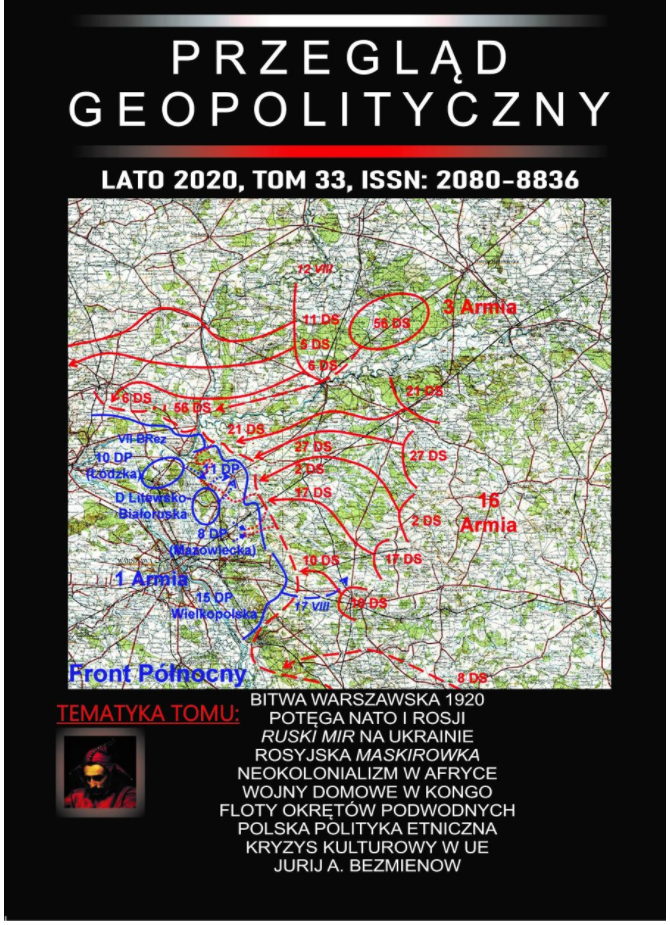Neokolonializm i neoimperializm w państwach Afryki Subsaharyjskiej
Neo-colonialism and neoimperialism in Sub-Saharan Africa
Author(s): Margot Stańczyk-Minkiewicz, Piotr L. WilczyńskiSubject(s): Politics / Political Sciences, Politics, History, Governance, Political history, Recent History (1900 till today), Geopolitics
Published by: Polskie Towarzystwo Geopolityczne
Keywords: Sub-Saharan Africa;dysfunction;corruption;neo-colonialism;neoimperialism;pathology of power
Summary/Abstract: Although the decolonization process has led to a situation where, apart fromsmall islands, Sub-Saharan Africa no longer has dependent territories, i.e. colonies ofWestern powers, individual African countries, despite formal sovereignty, remain heavilydependent on overseas powers and the stronger countries of the region. The currentsituation of African states is referred to as neo-colonialism and neo-imperialism. Thepurpose of the article is to explain the reasons for this phenomenon, which, according tothe authors, is primarily associated with the dysfunction and weakness of Africancountries. Because of the pathologies of the ruling elite, corruption, nepotism, etc. thepotential of African countries is exploited in exchange for financial benefits and therealization of the particular interests of the groups in power. The phenomenon of neocolonialism and its scope was shown on the example of the degree of mastery of themining sector by foreign capital, while the expression of African countries' dependence onforeign arms suppliers was adopted as an expression of neo-imperialism. The analyzesshow which African countries are most affected by neo-colonialism and neo-imperialism,and on the other hand, which powers and overseas countries are beneficiaries of thisphenomenon.
Journal: Przegląd Geopolityczny
- Issue Year: 2020
- Issue No: 33
- Page Range: 80-101
- Page Count: 22
- Language: Polish

